When Celebrities talk Geopolitics
“There are a lot of people that are afraid, that are afraid of being Jewish at this time, and are getting a taste of how it feels to be Muslim in this country.”
Oscar-winning Susan Sarandon’s comments at a pro-Palestine rally in New York saw her dropped by her representatives, United Talent Agency. Sarandon is far from new to activism and politics, having spent her many decades in the spotlight discussing various issues. It seems that this time she may have gone too far, judging by the reaction of UTA.
The newest development in the ongoing conflict between Israel and Palestine/Hamas has captivated the world, from the United Nations to local councils. Governments at all levels across every country have voted on ceasefires, because county councils apparently have a lot of say in geopolitics.
What is arguably even more prominent is the input of our entertainers. One can easily browse X or Instagram for a few moments and find a litany of celebrities who have given their views on the conflict. As a general rule, said celebrities have called for a ceasefire. In response to conflict, calling for a ceasefire is treated as the obvious response- it’s easy to say, you don’t sound too partisan and it’s essentially saying you just don’t like war. Any more nuance than that isn’t really expected of anyone.
At the end of one such open letter, those who signed it stated that “the United States can play a viral diplomatic role in ending the suffering.”
The United States probably can, yes. Celebrities? Not so much.
Celebrities like to use their voices to amplify issues, from war and presidential endorsements to abortion and LGBT rights. One only has to look at the star-studded events held by Hillary Clinton in 2016 to see how celebrities gravitate towards politics. Considering Clinton boasted guests like Katy Perry and Beyoncé, it’s plain to see that it’s a voice politicians accept. You’ll find celebrities using social media, posting blacked out squares on Instagram in an apparent promotion of Black Lives Matter. Perhaps they’ll wear a pink hat to protest anti-abortion legislation.
They are well within their right to do this, as we all should be. They also generally reside in the country in which they protest. The issue, however, comes when celebrities meddle in geopolitics.
The conflict in the Middle East is not an easy one, despite claims to the contrary. It involves years of religious and ethnic fighting, controversial borders, terror, violence, and bloodshed. The sides cannot, and often will not, agree to terms. So precious is Jerusalem to religious groups that conflict in its holy sites is far from rare. Saying ‘oh let’s have a ceasefire’ may stop a few problems in the short term, but it’s not a permanent stop to generations of problems.
Most notably, celebrities may have a say in their collective fan communities, but they do not have any influence on geopolitics. Even Joe Biden, who the aforementioned open letter was directed at, did not listen. Meanwhile, both Palestine and Israel are doing what they believe they need to do to survive. Hamas is doing what they believe they need to do to eradicate Israel. They are not going to listen to someone with an Oscar nomination or a Top Ten song.
That’s not to say that we shouldn’t speak out about issues because we feel it won’t influence things. Celebrities have the right to talk about the conflict, but let’s not pretend that we should care what they think or that it has any influence on anything. Most of us- celebrities and normal people- do not have the expertise to properly understand the situation. We can take a moral stance, but let’s not pretend that celebrities are necessarily informed.
The action, however well intentioned, is almost always performative. Celebrities allow themselves to be almost bullied into saying something, anything, by fans so that they’re not cancelled. Look at Taylor Swift. Her platform and wealth are equally large, so much so that her general lack of political inclinations is met with side-eye at best, and boycotts at worst. We expect celebrities to act as moral leaders and arbiters, to the detriment of real discussion.
Perhaps one day we won’t expect celebrities to be geopolitical experts. Perhaps one day celebrities won’t feel the need to ensure that their views aren’t the most important in the room. Much as COVID and January 6 turned people into armchair experts in virology and treason laws, the conflict in the Middle East has made us all experts in international relations.
Celebrities, continue calling for ceasefires if you wish, but don’t expect Benjamin Netanyahu and Hamas to take you up on your advice.



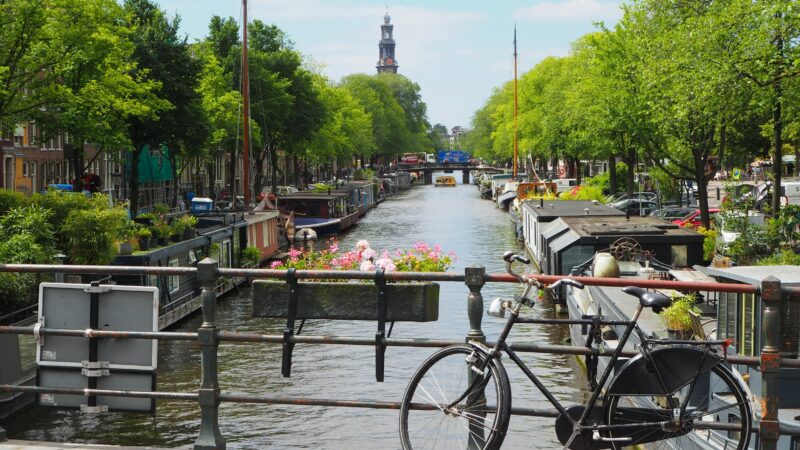
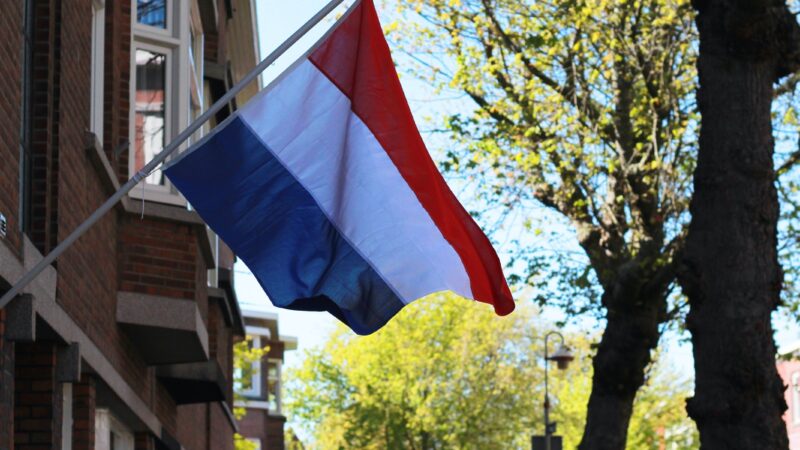
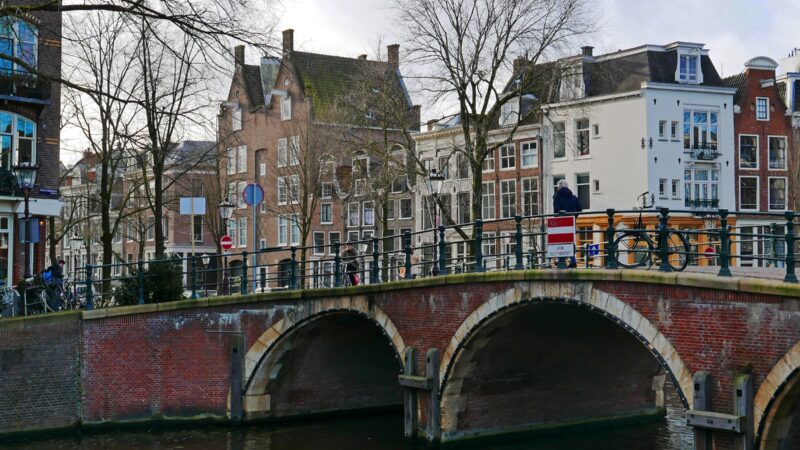


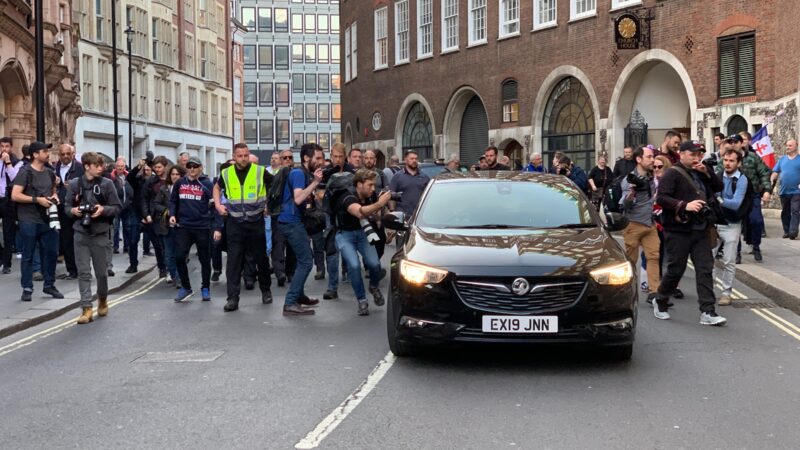
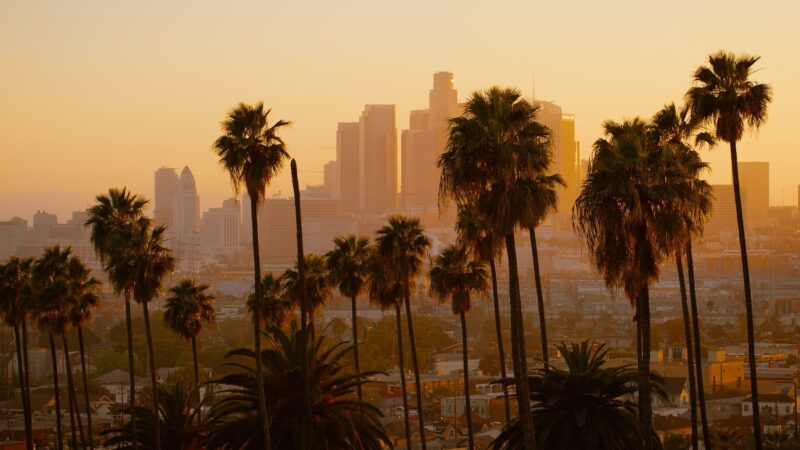
The Right in Academia and Politics
As a student at university, it’s easy to be aware that academia is dominated by the left. After all, it is the voices on the left we hear the most. Added to this, a Conservative Party that does not look very conservative at the moment and almost like they are out of ideas – just take a look at the agendas for the Conservative Party Agendas for 2023 and 2022. But over the summer, two academic conferences of note took place, which should bring a glimmer of hope to conservative students.
The first, held at Churchill College at the University of Cambridge from the 6th to 7th July 2023, on British Intellectual Conservatism: Past and Present. This was organised by ResPublica and the University of Public Service. The second, held in the House of Lords from the 14th to 15th September 2023, on Margaret Thatcher: Her Life, Work, and Legacy. This had been organised by two research centres at the University of Hull. The first research centre was the Centre for Legislative Studies, which is led by Lord Norton of Louth, the second by Dr. Matt Beech who leads the Centre for British Politics.
The conferences, naturally, had different focuses but as a participant at both – and having had time to reflect on them, there are four things I found in common. These conferences were full of enriching academic thought, they were both thought provoking, provided a space to be reflective, and to think ahead to the future. In the current climate when it looks as though the Conservative Party will be unsuccessful at the 2024 General Election, both conferences highlighted the need for a better vision.
The two conferences in their own way provided a means to push back against the narrative we see that the right are out of ideas. Rather, the conference on British Intellectual Conservatism: Past and Present consisted of several panels, from Conservatism Today to addressing Free Speech and Conservatism. There were also two panels dedicated to two of the great leaders of the Conservative and Unionist Party, a panel on the Age of Churchill, another on the Age of Thatcher. All in all, the conference did exactly as the name of the conference said it would. A key focus of the conference was on the works of Roger Scruton and bringing his ideas, which may have been forgotten to the forefront. There is much to be learnt from this conference.
For the conference on Margaret Thatcher, many ideas were shared. The main takeaway raising the issue that politicians today do not have a long-term vision. Many who praise Liz Truss and her allies say “she did what Thatcher did” but what people fail to recognise and remember: Thatcher spent many years developing her ideas with a team before those ideas became policy.
There are lessons to be learnt from the conferences. It is people, no matter their role in politics, whether they work in academia, policy or aspire to be an elected representative, who need to take a step back. There are many great people we can learn from, but the problem with the world today is everyone is looking for the next great thing. The rivers of free-flowing conversation of ideas from conservative academics and politicians needs to be opened up before anything else can happen.
Photo Credit.